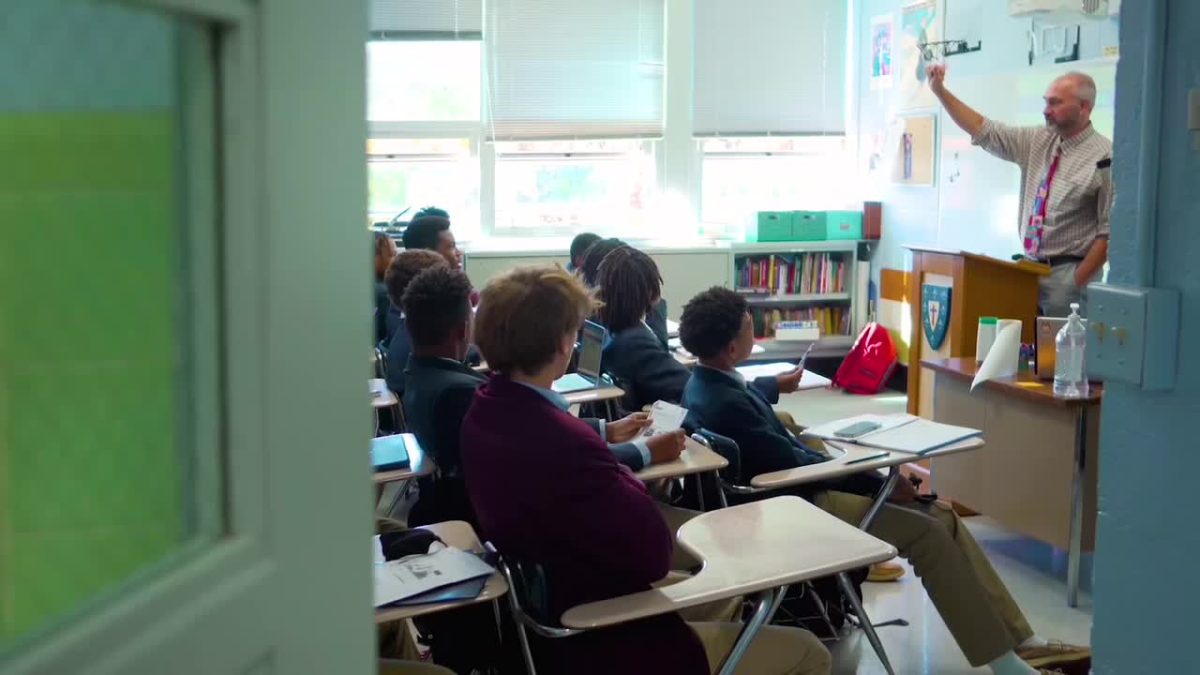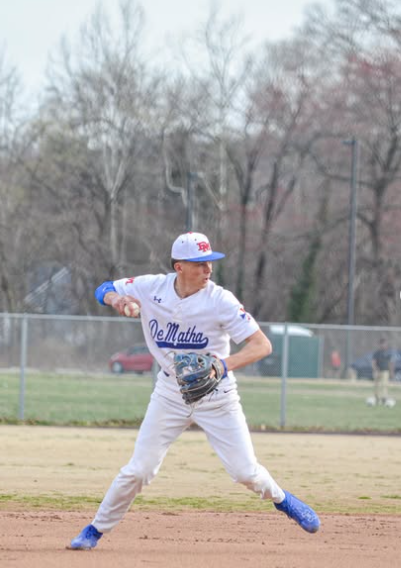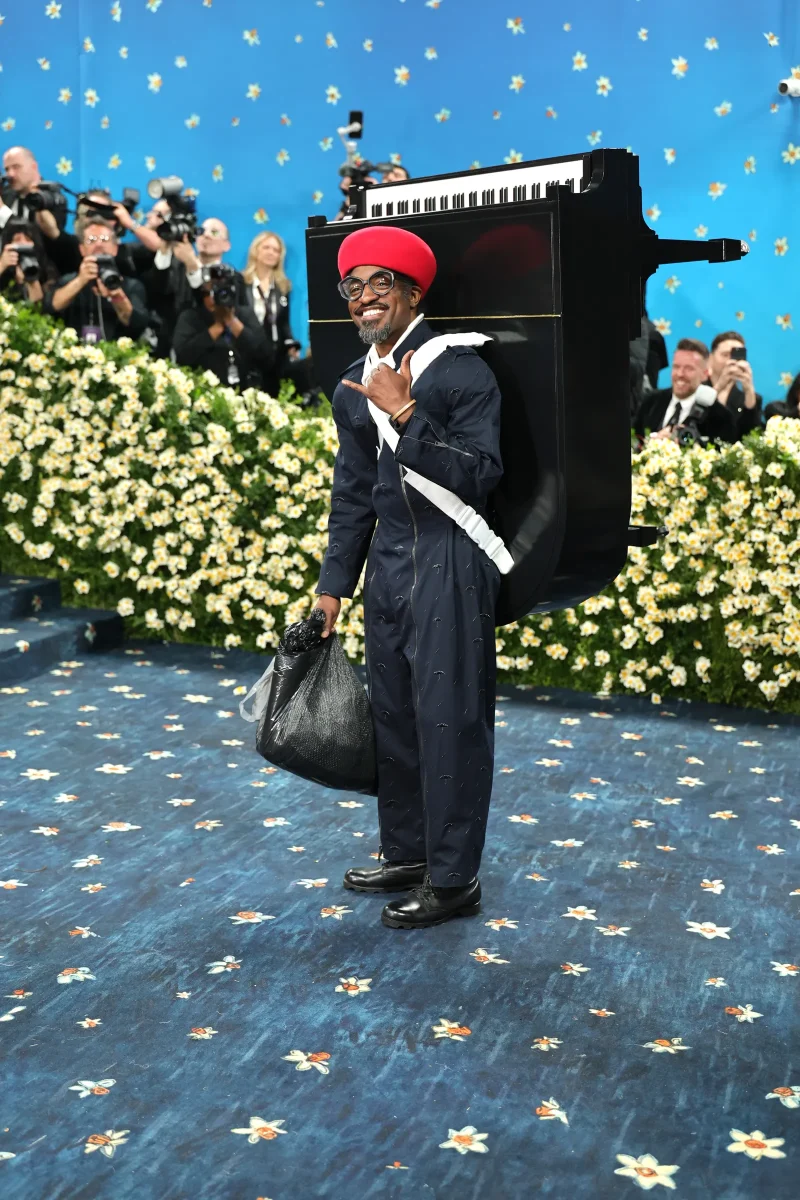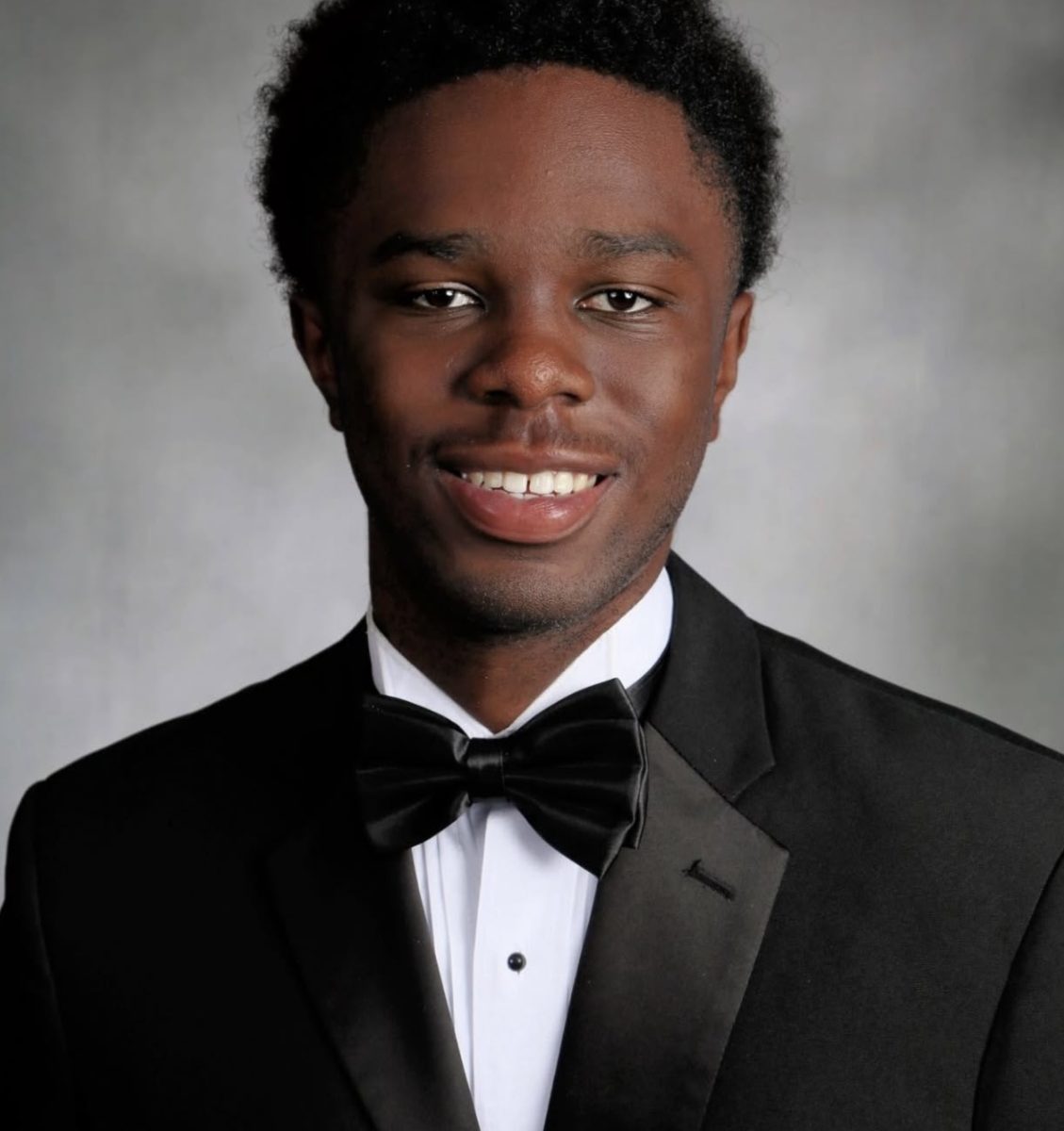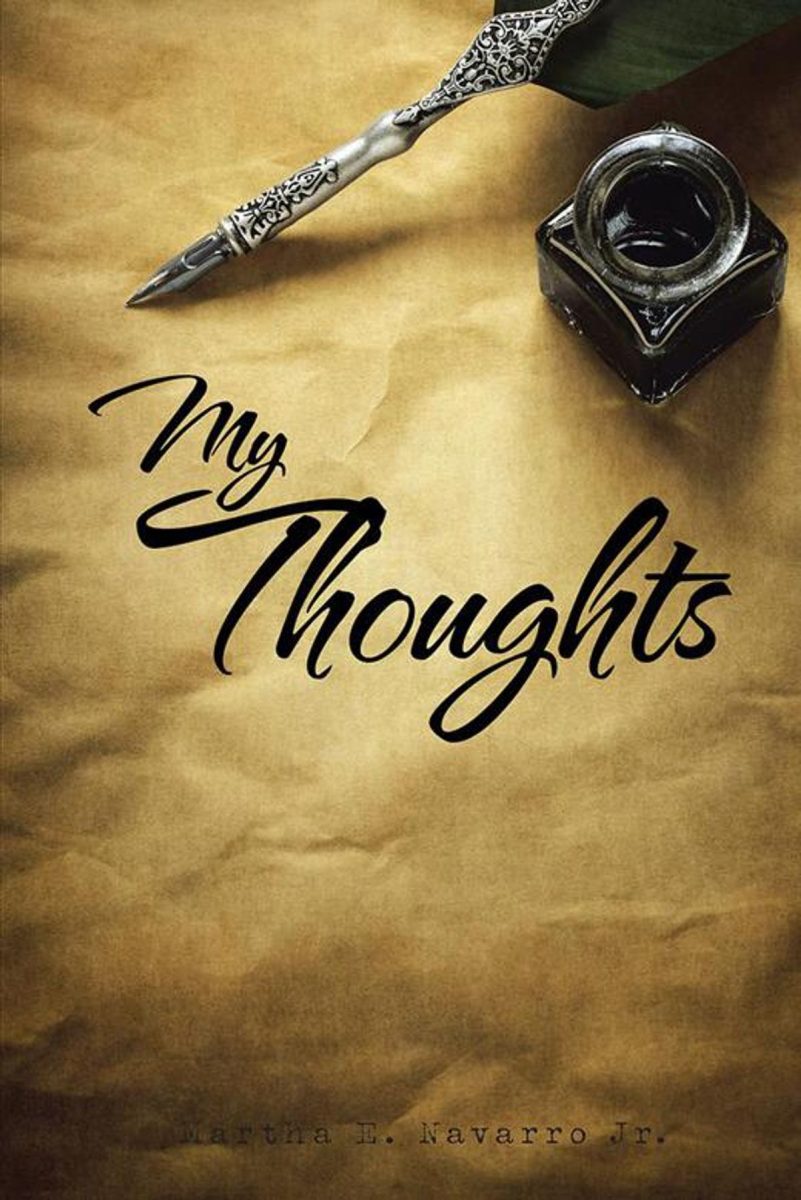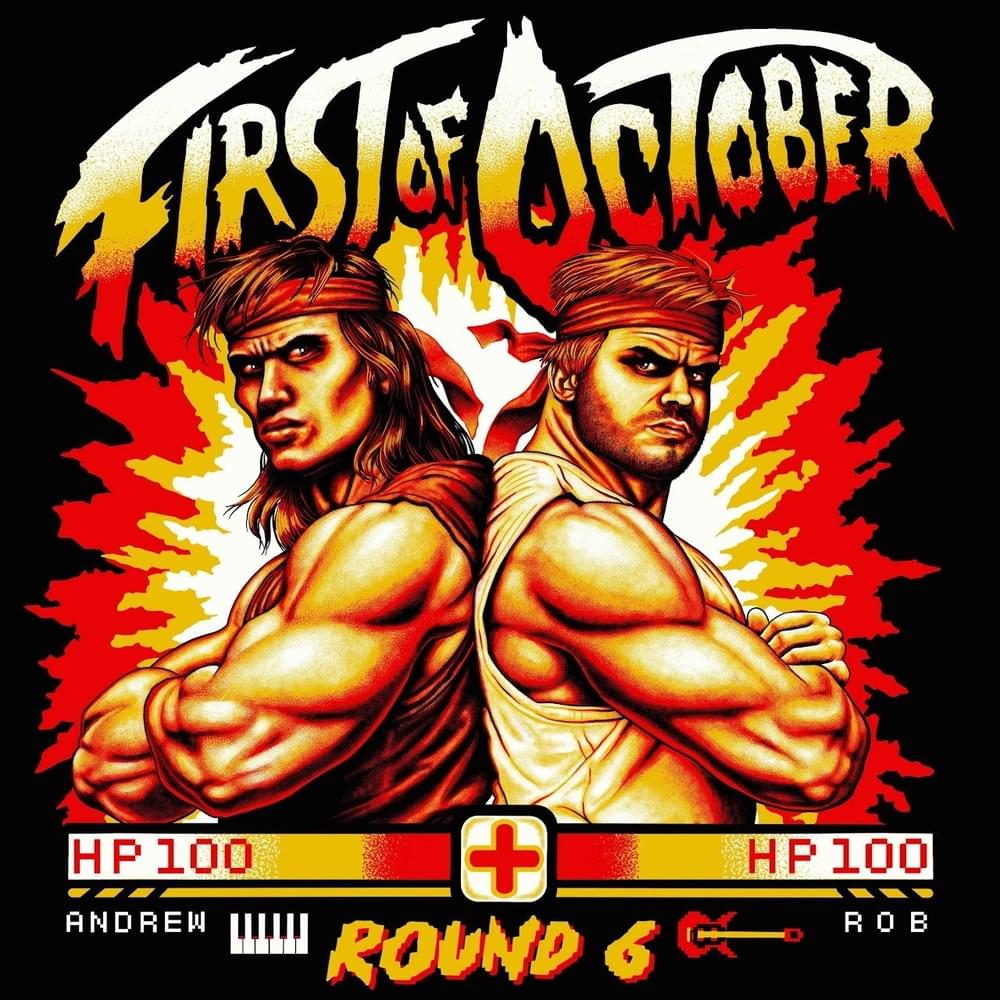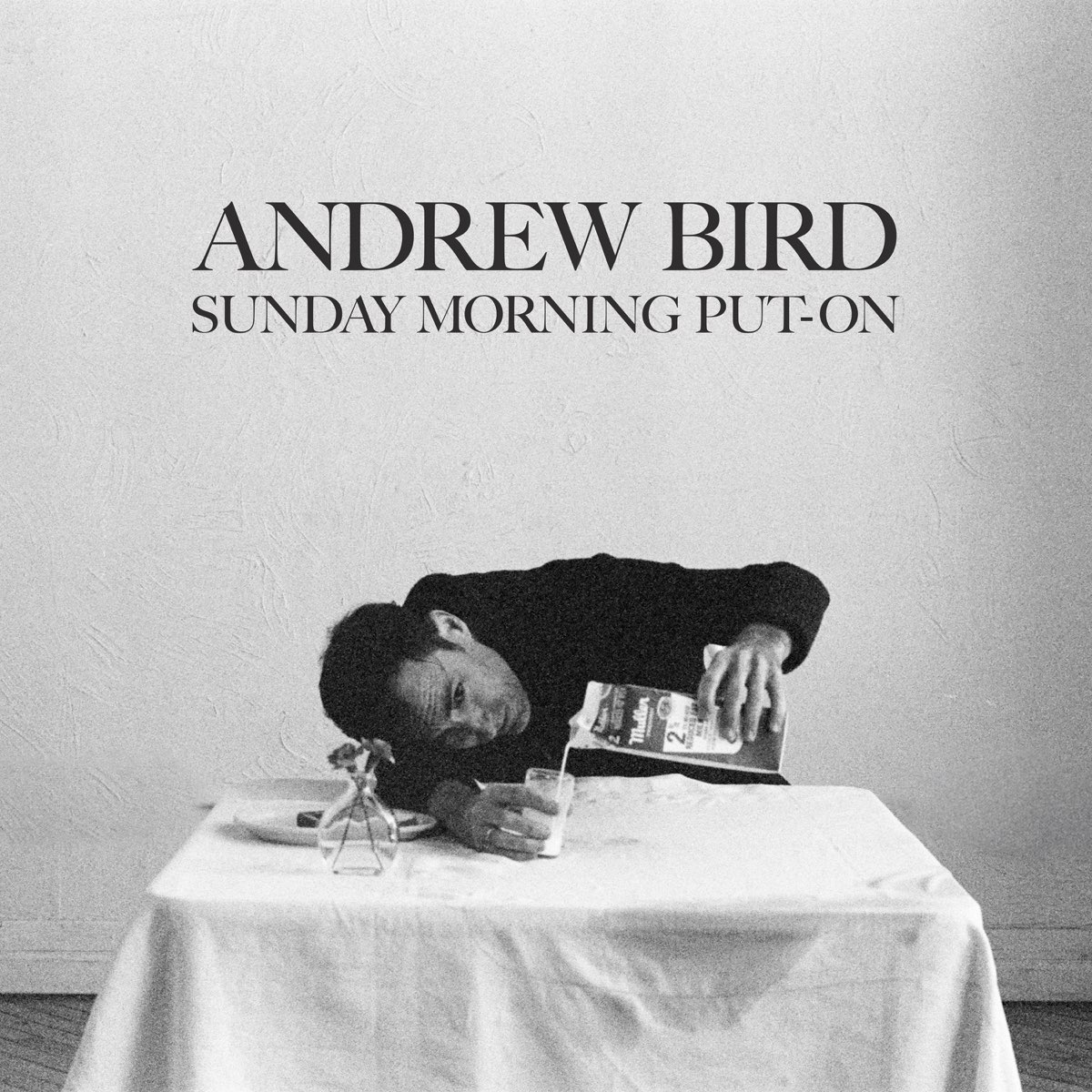A few years ago, I found out about the Marble Machine, a musical contraption that plays vibraphone, bass, and drums using marbles. The machine was built by Swedish musician and engineer Martin Molin, the multi-instrumentalist and composer behind the band Wintergatan (Swedish for “The Milky Way” or “The Winter Street”). I was fascinated by this machine, and eventually found out that, before he founded Wintergatan, Molin was in a band called Detektivbyrån (Swedish for “The Detective Agency”) with his brother Anders, who is also a multi-instrumentalist. While they were active, Detektivbyrån released two albums: E18 (2007), and Wermland (2008), and a few singles: a version of “O Holy Night” and remixes of “Jag är en vampyr” (Swedish for “I’m a vampire”) by Marcus Krunegård and “Those Dancing Days” by the band of the same name. They had begun working on a third album, called Beyond, when the band broke up.
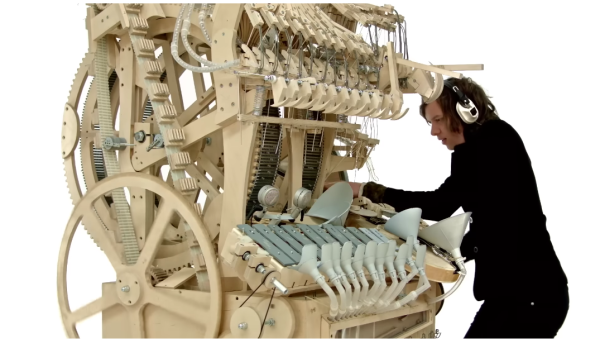
I enjoyed listening to Detektivbyrån so much that the first music review I ever wrote was a review of Wermland. Over the years, I played E18, Wermland, Wintergatan’s 2013 self-titled debut album, and songs by Anders Molin’s one-man-band act, Anders Flanderz One Man Band, many times, and always looked forward to hearing new music from either of the Molin brothers. However, until a few months ago, I was unaware that, before Detektivbyrån had broken up, they had performed an unreleased original song at least three times in 2009: “Quidditch Through The Ages.”
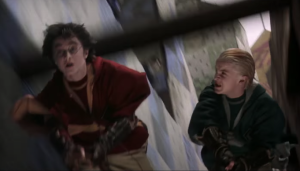
The song was named after a book about the magical sport Quidditch that started out as a fictitious novel in the Harry Potter universe, but later became an actual book written by Harry Potter author J.K. Rowling. In Quidditch, there are two teams of seven players. All players are flying on magical brooms. Three players called Chasers pass a ball called the Quaffle to each other in order to score in a goal post, which is guarded by a Keeper. If a Chaser scores a goal, the team of the Chaser that scored receives 10 points. The two Beaters on each team protect their team and bat balls called Bludgers to hinder the opposite team, and the Seekers try to catch a tiny, winged ball called the Golden Snitch (doing so will earn the team of the Seeker that caught the Snitch 150 points). Since 2005, there is also a real-life version of the game called Quadball.
The Molin brothers have shared their love for the Harry Potter series several times–in the music video for “Sommerfågel” by Wintergatan, a biker is being chased by creatures called Dementors that appear in the Harry Potter series. The biker whips out a wand to cast Expecto Patronum, a spell that summons a magical spirit called a Patronus to banish the Dementors. In the description for the Hypetrain Podcast, a podcast created by Martin Molin and Hannes Knutsson, Martin wrote that a “Hypetrain” was departing from Platform 9 ¾–a hidden platform utilized by students of Hogwarts, a fictitious school in England from the Harry Potter universe where young wizards refine their magical abilities. Additionally, Detektivbyrån quoted some of the melody of “Hedwig’s Theme,” a well-known piece of music from the Harry Potter movies, during a performance of their song “Dansbanan” on November 14th, 2009 at Daydream Nation in the Strand in Stockholm, Sweden. (In this concert, “Quidditch Through The Ages” was performed for the first time.) Anders Molin has also played the tune in his one-man-band.
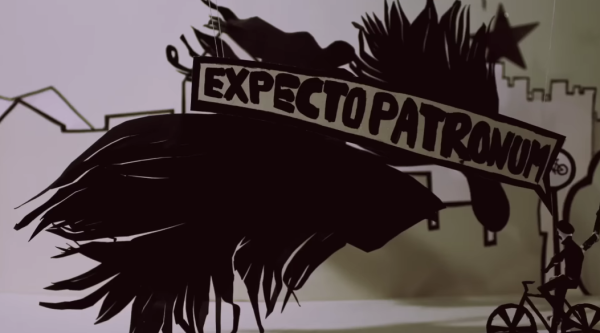
Nowadays, most of the songs one might hear on the radio don’t use a song structure in which one melody is repeated throughout all of the sections– instead, they usually have a chorus (a section repeated throughout the song multiple times, the focal point of the song, and the section that the song centers around), several verses (sections that use different lyrics to help move the song forward, if there are lyrics), possibly a bridge (a section that’s distinct from the chorus and verses, is only repeated once, and usually comes near the middle or end of a song), perhaps a pre-chorus (a section that leads into the chorus and usually uses the same lyrics throughout the song, if the song has any), and maybe an introduction and/or an outro (a section that closes the song and is different than the verses, chorus, and pre-chorus). However, when writing “Quidditch Through The Ages,” the Molin brothers decided to use a similar melody and chord progression for all four of the song’s sections, but vary the instrumentation and sometimes the tempo (or speed) in the different sections. This approach is effective in “Quidditch Through The Ages.”
The song starts off with Martin playing a snare drum, while Anders plays chords on the accordion with his left hand, the melody on a glockenspiel with his right hand, and a bass drum with his foot that “answers” the glockenspiel. Martin’s steady, driving snare drum beat imparts a sense of excitement, while Anders’s emphasis on certain notes on the glockenspiel and the bass drum makes the song even more interesting. In this section, as in all of the sections of the song, Halfway through, the melody is changed slightly, which imbues the second half of the various sections of “Quidditch Through The Ages” with a sense of familiarity, without being overly repetitive. Martin also uses a looper to record the snare drum, which he and Anders play along to in the second and fourth sections, enabling Martin to play keyboards in the following sections, since his hands are free.
During the second section, Martin performs the melody on a keyboard. The embellishments he adds give the keyboard its own flashy personality. Anders plays elegant, graceful descending lines on a keyboard using a vibraphone sound in the second half of this section, which are looped, and performs on bass drum and accordion (although, in the first half of the section, he fills the spaces in which his left hand isn’t playing by playing chords with his right hand), as he did in the previous section.
The third section is played at a slower tempo, which gives it a mournful, yet somewhat hopeful, feel. This time, Anders plays the melody on accordion, adding his own embellishments, and Martin accompanies him on keyboards, using the sound of a music box.

For the fourth and final section of “Quidditch Through The Ages,” Anders, on accordion and bass drum, and Martin, on keyboards, bring the song to its triumphant, exciting close by playing the melody together and harmonizing with each other, and the snare drum and keyboard loops from the second section are used. This section is played at the same tempo as the first and second sections.
Overall Review: 9/10: Although the audio quality of the three known live performances of “Quidditch Through The Ages” is somewhat poor, Detektivbyrån’s masterful arrangement choices and decision to use the song structure that they used make the song well worth a listen.

